A Harvard Business Review survey finds that “89% of executives reported difficulty recruiting candidates with the requisite soft skills, such as communication, teamwork, and leadership”. Traditionally, in-person programs helped employees develop these vital skills, but the increase in remote working, accelerated by the pandemic, has made in-person training difficult to impossible.
With remote work here to stay for many people, Price Waterhouse Cooper (PWC) set out to determine whether the use of Virtual Reality (VR) could improve employee competence in two important soft skills areas – public speaking and collaboration. Through a pilot study, PWC sought to answer two specific questions:
1. Is VR soft skills training more effective than traditional training methods?
2. Is VR soft skills training more cost-effective to deploy than traditional training methods?
For the study, PWC developed a virtual reality (VR) training program for diversity and inclusion. The company’s original in-person class was used as a control variable. After implementing their VR program, PWC drew the following conclusions:
- VR participants were up to 275% more confident to act on what they learned after VR soft skills training, which is a 40% improvement over traditional classroom training.
- VR learners were up to four times more focused than classroom learners—VR learners also completed training four times faster than classroom learners.
- VR participants were nearly four times more emotionally connected to the content they were learning.
VR-based learning can yield higher confidence and improved ability to apply the learning on the job because of the ability to practice in an immersive, low-stress environment. VR-based learning can also be more cost effective at scale, as the time required to complete a VR course is substantially lower than in-person courses.
Foretell Reality is a social VR enterprise platform that enables authentic human interactions in immersive environments designed for soft-skills development and other use cases. Click here to schedule a demo.


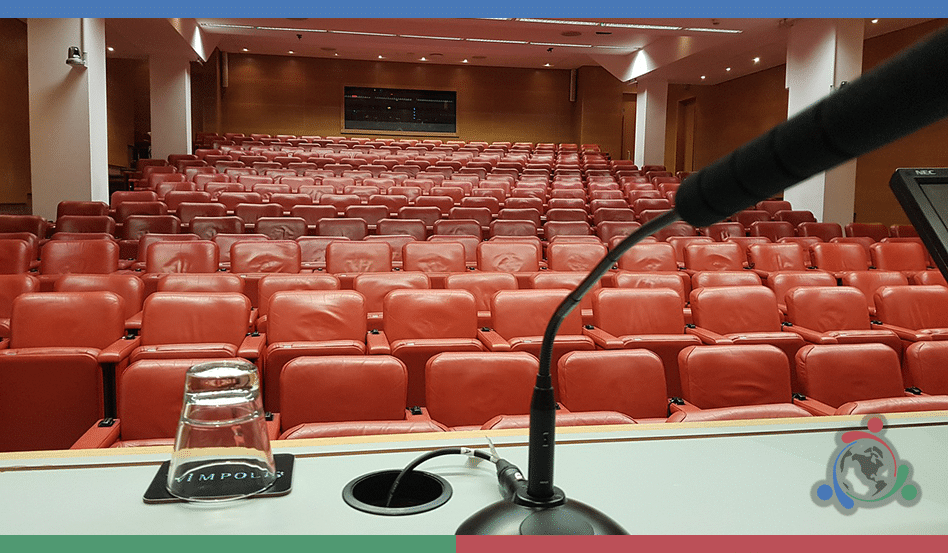
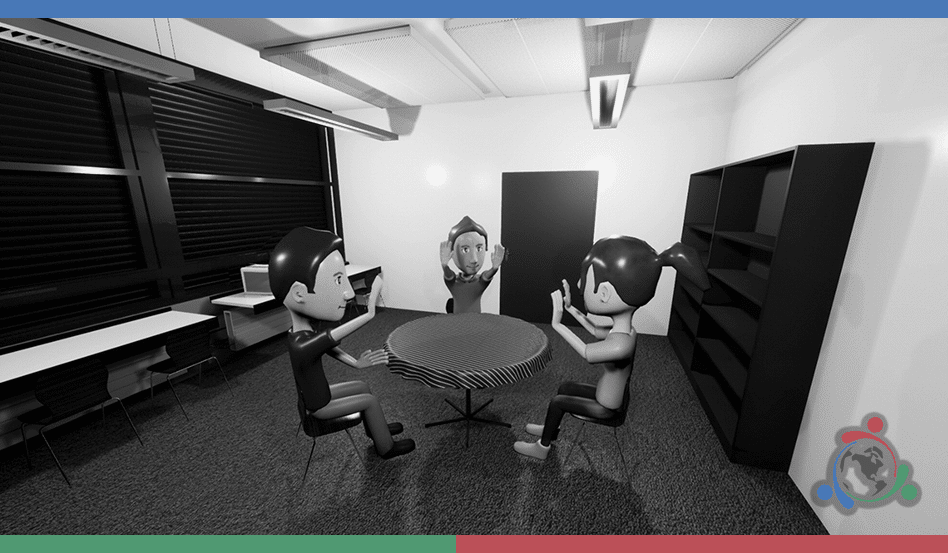
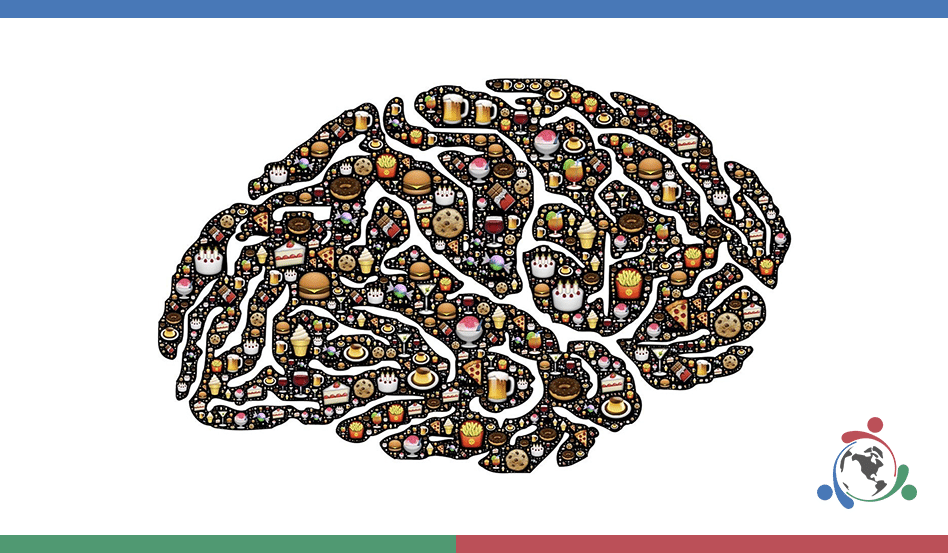
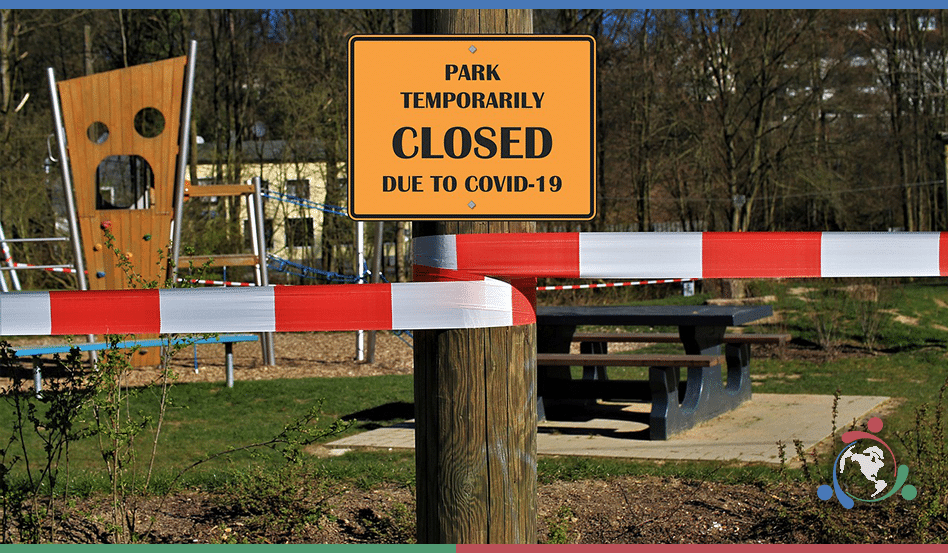
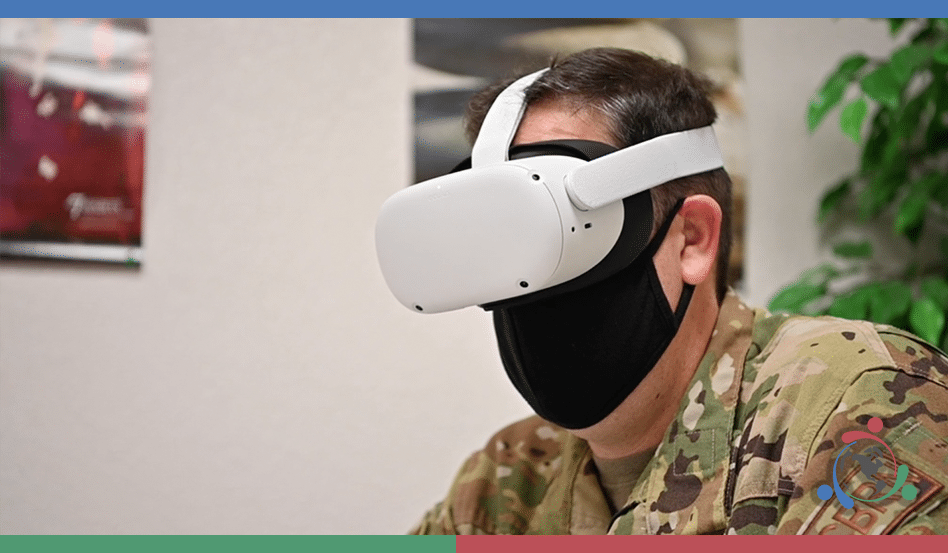
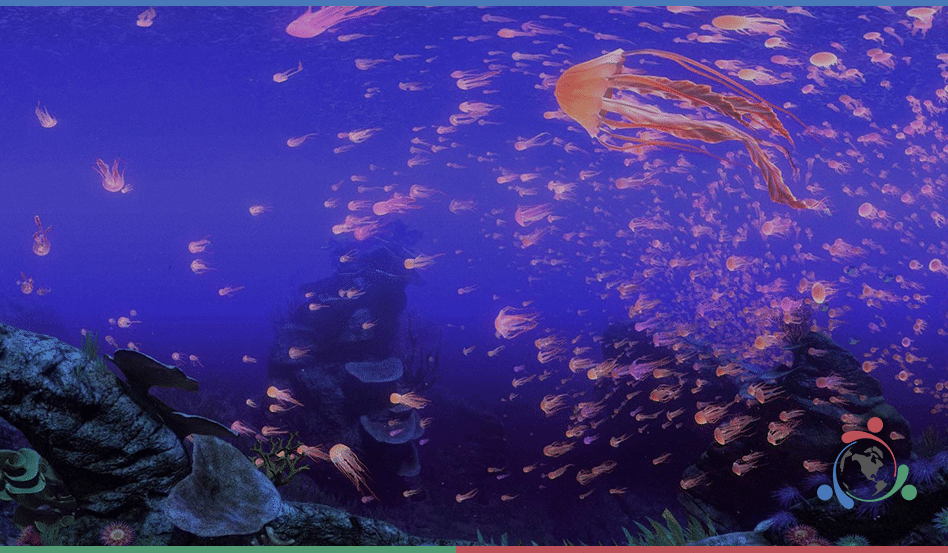






Recent Comments